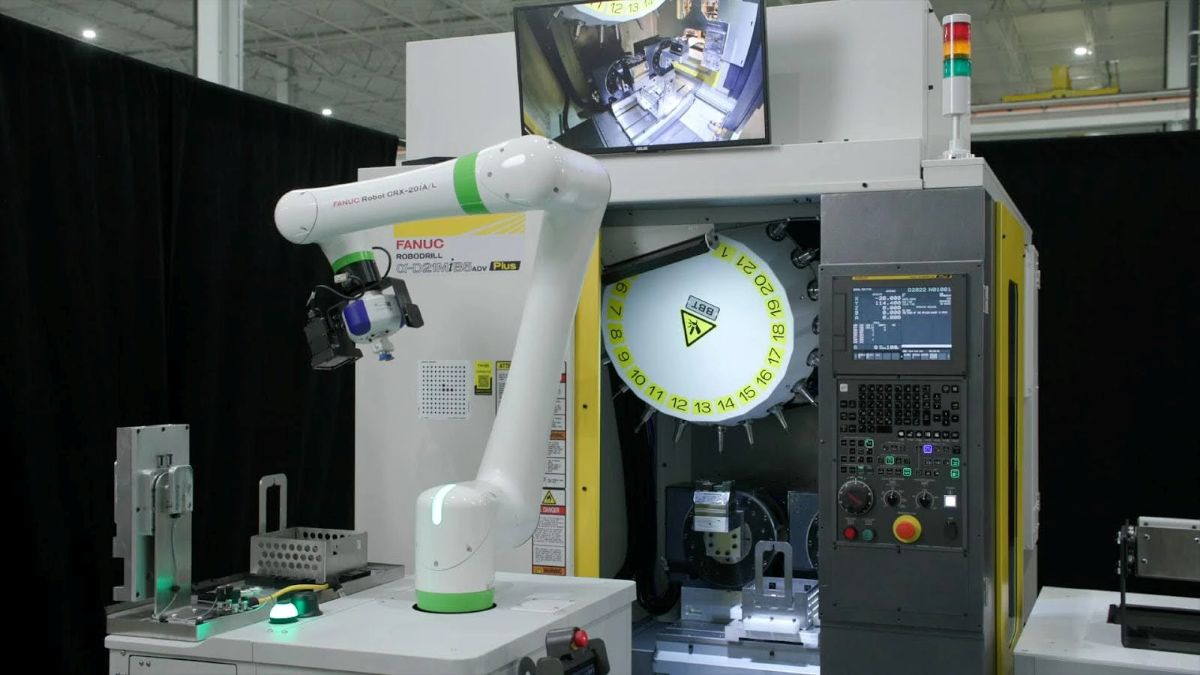
By Tyler Bouchard 01/30/2025
What Types of Processes and Machines are Right for Robotic Machine Tending?
In today’s post, I want to talk about the different types of processes and machines that are suitable for robotic machine tending.
The short answer is lots. Robotic machine tending is highly adaptable across a range of processes and machines, making it ideal for most manufacturing environments, especially advanced manufacturing factories.
Commonly automated processes include turning and machining, inspection & test, injection molding (such as insert molding and overmolding), additive manufacturing, assembly, kitting, and disassembly.
Robots are also effective for production lines that require repetitive, precise handling of parts. Quality inspection and testing, in particular, benefit from robotic consistency, as automated inspection technologies operate with less variation than manual operations, improving the reliability of inspection results.
The types of machines suitable for robotic tending are equally varied, covering a wide range of mills, lathes, Swiss lathes, vertical and horizontal turning centers, and complex machining like 5-axis and specialty machines. Advanced equipment such as multi-tasking machines, B-axis swing turrets, and multi- or single-turret setups can also be robot-enabled.
On top of this, robotic tending can integrate with laser markers & engravers, EDMs (electrical discharge machines), brake presses, honing machines, CNC grinders, and more, extending automation capabilities throughout the facility.
Inspection equipment can be seamlessly incorporated into robotic workflows for enhanced accuracy and productivity including vision systems, laser systems, probes, telecentric measurement systems, coordinate measuring machines (CMMs), and electronic test equipment for semiconductor and PCB testing.
Robots are also well-suited to operate secondary machinery like deburring tools, washdown and blow-off cleaning units adding further flexibility to automate comprehensive, end-to-end processes.
If you have an automation initiative planned and you could use a deeper dive and more guidance, you’ll want to check out our Complete Guide to Robotic Machine Tending Projects or get in touch with us here at Flexxbotics.
